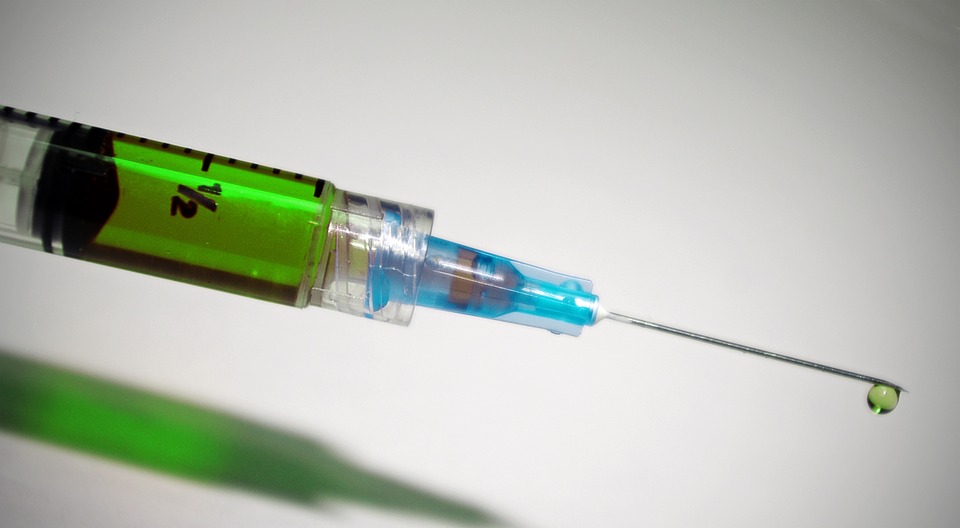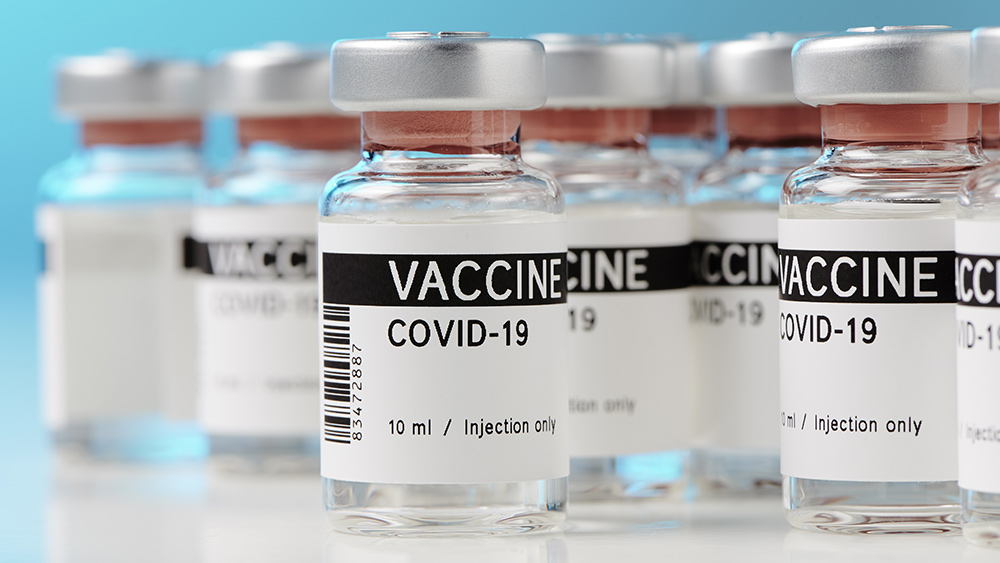It turns out, having a healthy gut can make you “fear less”
02/04/2022 / By Virgilio Marin

A study led by Weill Cornell Medicine in New York City has shown that a healthy gut can make you “fear less” by extinguishing your fear memories. In an article published in the journal Nature, the researchers detailed how they used mice to explore the ability to unlearn fear responses.
Exploring the gut’s role in fear response
It has become increasingly evident that gut bacteria play an important role in brain health. Previous studies showed that disruption to these microbial communities is linked to behavioral changes and certain autoimmune and psychiatric disorders.
For example, a recent study showed that a certain combination of gut bacteria exacerbates symptoms of multiple sclerosis, a brain and nerve disease. In another study, researchers found that children with inflammatory bowel disease (IBD) are at higher risk of developing psychiatric disorders, such as depression and anxiety, later in life.
But though these investigations were able to confirm the existence of a gut-brain axis, the mechanisms that underpin this axis remained unclear.
“No one yet has understood how IBD and other chronic gastrointestinal conditions influence behavior and mental health,” said co-senior study author David Artis, a professor of immunology and director of IBD research at Weill Cornell.
For their study, the researchers focused on how well mice would learn and forget a fear trigger using an experiment called “fear conditioning and extinction learning.” In this experiment, the mice are conditioned to associate a threat with the sound of a tone, so that the tone by itself can elicit the same fear response as the threat.
The mice tended to forget the association after repeated exposure to the tone, as their brains adjusted to the fact that the threat no longer exists. But the mice whose guts were germ-free from birth or whose gut microbes were vastly reduced, showed a significant reduction in their ability to learn that the threat was no longer present. This means that their brains were not updating to the new conditions.
Mechanism behind gut’s effect on fear memories
The researchers launched a genetic investigation of the mice’s microglia to probe the molecular mechanism behind the effect. Microglia are immune cells in the brain that help stimulate and prune the connections between nerve cells to remodel brain circuits. After looking into the gene expression in the mice’s medial prefrontal cortex (mPFC) – a region of the brain crucial for extinction learning – the researchers found that the absence of gut microbes altered the gene expression of microglia in the mPFC. This disrupted the formation of new nerve cells and eliminated neural connections during learning and forgetting. (Related: Is depression just a symptom of bad gut health? Study confirms link between gut and brain health.)
The team also found significant changes in the brain chemicals of the germ-free mice, including altered levels of molecules that play a role in psychiatric conditions like autism and schizophrenia. When the researchers restored gut bacteria in the germ-free mice, they found that it was possible for these mice to unlearn a conditioned fear response only if their gut bacteria were restored soon after birth.
This finding is an important one, as many psychiatric disorders linked to autoimmunity are also associated with problems that occur in the early stages of brain development. The researchers are optimistic that with further studies, their findings will eventually lead to new treatment targets.
“We are beginning to understand more about how the gut influences diseases as diverse as autism, Parkinson’s disease, post-traumatic stress disorder and depression.” said Artis.
Learn more about the importance of a healthy gut at Digestion.news.
Sources include:
Submit a correction >>
Tagged Under:
autoimmune disorders, brain function, brain health, digestion, discoveries, gut bacteria, gut health, immune system, inflammatory bowel disease, Mind, research, weird science
This article may contain statements that reflect the opinion of the author
RECENT NEWS & ARTICLES
COPYRIGHT © 2017 BRAIN NEWS



















